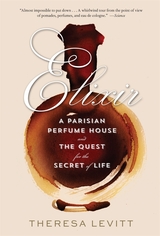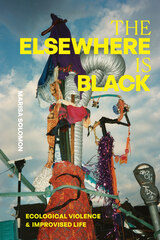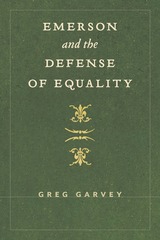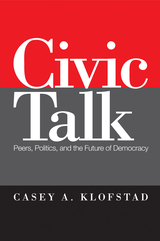
Does talking about civic issues encourage civic participation? In his innovative book, Civic Talk, Casey Klofstad shows that our discussions about politics and current events with our friends, colleagues, and relatives—"civic talk"—has the ability to turn thought into action—from voting to volunteering in civic organizations.
Klofstad’s path breaking research is the first to find evidence of a causal relationship between the casual chatting and civic participation. He employs survey information and focus groups consisting of randomly assigned college freshman roommates to show this behavior in action. Klofstad also illustrates how civic talk varies under different circumstances and how the effects can last years into the future. Based on these findings, Klofstad contends that social context plays a central role in maintaining the strength of democracy. This conclusion cuts against the grain of previous research, which primarily focuses on individual-level determinants of civic participation, and negates social-level explanations.
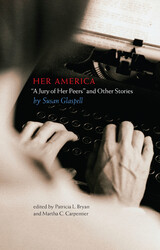
One of the preeminent authors of the early twentieth century, Susan Glaspell (1876–1948) produced fourteen ground-breaking plays, nine novels, and more than fifty short stories. Her work was popular and critically acclaimed during her lifetime, with her novels appearing on best-seller lists and her stories published in major magazines and in The Best American Short Stories. Many of her short works display her remarkable abilities as a humorist, satirizing cultural conventions and the narrowness of small-town life. And yet they also evoke serious questions—relevant as much today as during Glaspell’s lifetime—about society’s values and priorities and about the individual search for self-fulfillment. While the classic “A Jury of Her Peers” has been widely anthologized in the last several decades, the other stories Glaspell wrote between 1915 and 1925 have not been available since their original appearance. This new collection reprints “A Jury of Her Peers”—restoring its original ending—and brings to light eleven other outstanding stories, offering modern readers the chance to appreciate the full range of Glaspell’s literary skills.
Glaspell was part of a generation of midwestern writers and artists, including Sherwood Anderson, Sinclair Lewis, Willa Cather, and F. Scott Fitzgerald, who migrated first to Chicago and then east to New York. Like these other writers, she retained a deep love for and a deep ambivalence about her native region. She parodied its provincialism and narrow-mindedness, but she also celebrated its pioneering and agricultural traditions and its unpretentious values. Witty, gently humorous, satiric, provocative, and moving, the stories in this timely collection run the gamut from acerbic to laugh-out-loud funny to thought-provoking. In addition, at least five of them provide background to and thematic comparisons with Glaspell’s innovative plays that will be useful to dramatic teachers, students, and producers.
With its thoughtful introduction by two widely published Glaspell scholars, Her America marks an important contribution to the ongoing critical and scholarly efforts to return Glaspell to her former preeminence as a major writer. The universality and relevance of her work to political and social issues that continue to preoccupy American discourse—free speech, ethics, civic justice, immigration, adoption, and gender—establish her as a direct descendant of the American tradition of short fiction derived from Hawthorne, Poe, and Twain.

Following a discussion of the views of Harry Stack Sullivan and Jean Piaget, whose theories are synthesized in Youniss's perspective, Youniss presents a wealth of empirical data from studies in which children describe their own views of their two social worlds.
READERS
Browse our collection.
PUBLISHERS
See BiblioVault's publisher services.
STUDENT SERVICES
Files for college accessibility offices.
UChicago Accessibility Resources
home | accessibility | search | about | contact us
BiblioVault ® 2001 - 2025
The University of Chicago Press


